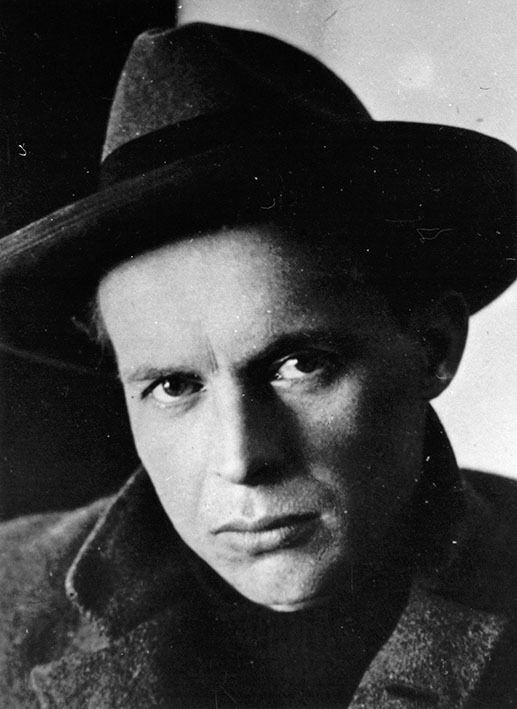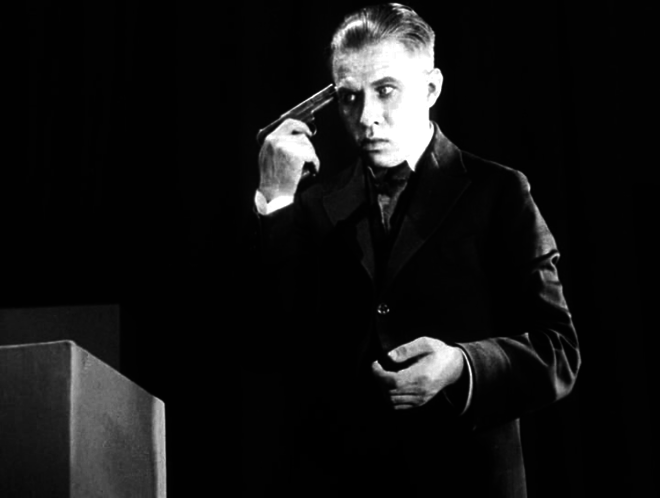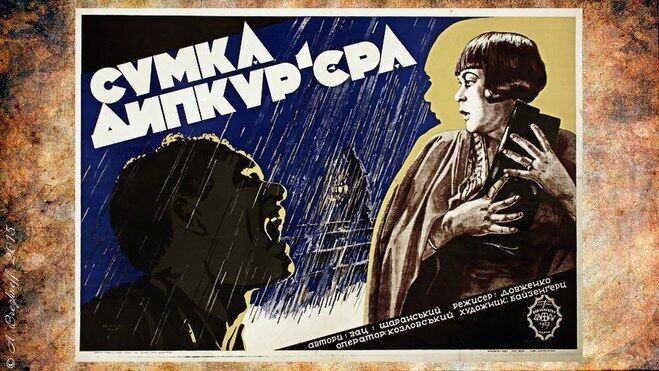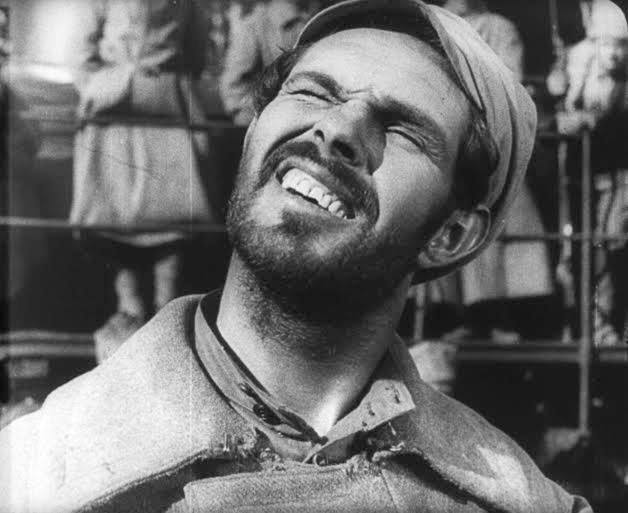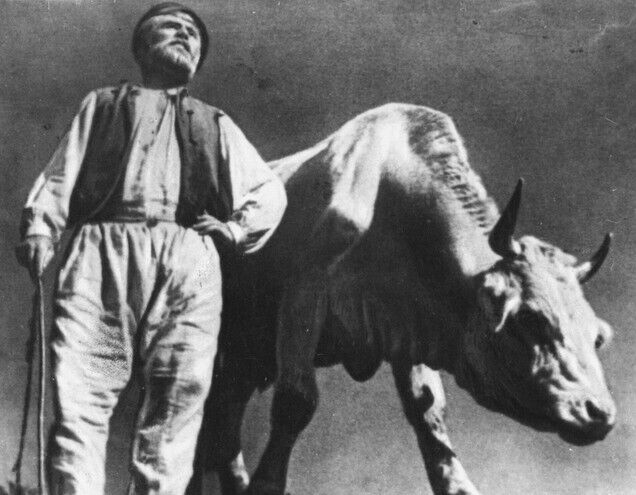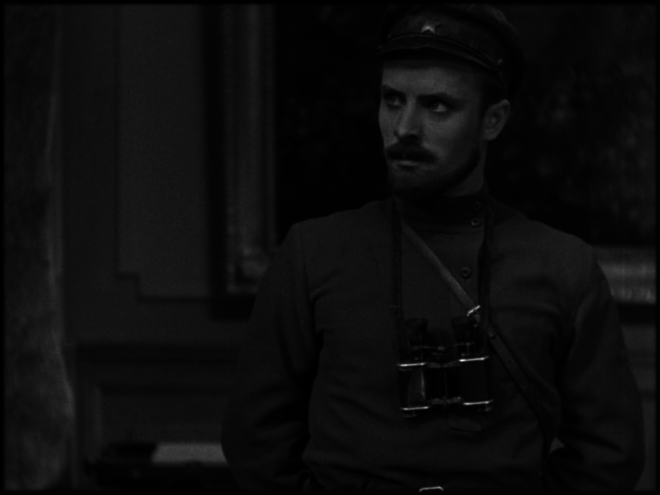News
Every Ukrainian should watch them: 5 legendary films directed by Oleksandr Dovzhenko
It has been 130 years since the birth of Oleksandr Dovzhenko, not only a legendary figure of Ukrainian cinema but also one of the most influential filmmakers in Europe. The artist was born in Chernihiv region on September 10, 1894. Growing up in a poor family, the Ukrainian managed to make it in life.
The name of the innovative filmmaker is revered in Ukraine and abroad. The playwright once even dreamed of conquering Hollywood.
In 1930, Dovzhenko had the opportunity to present his silent film Zemlya (Earth), which reveals the problem of collectivization at the time, as well as the confrontation between kulaks and collective farmers. This is just one of the legendary films by the Ukrainian that are definitely worth your attention.
The Enchanted Place (1927)
Against the backdrop of films of the 1920s, which usually revolved around the revolution, Zvenyhora (The Enchanted Place) was a phenomenal film, combining elements of mysticism and political drama. Dovzhenko was not inspired by the topic of the October Revolution, which was relevant at the time. Instead, in his work he showed the ancient Slavic legend of a buried treasure.
The Diplomatic Pouch (1927)
Sumka Dypkuriera (The Diplomatic Pouch) is Dovzhenko's second surviving feature film after Vasya Reformator (Vasya, The Reformer), which is currently considered lost. The cinematographer made one of the first suspenseful detective stories in Ukrainian cinema, using the techniques of German Expressionism. The plot centers on the struggle over a bag of diplomatic mail left behind after the death of a diplomatic courier.
Arsenal (1929)
Despite the strict orders and the fact that Dovzhenko was forced to create propaganda films, he dared to show his creativity. This is what happened with the propaganda film Arsenal, which tells the story of the legendary Kyiv factory where an uprising against the UPR took place in the winter of 1918: almost all of its participants were killed before the Red Army arrived. However, Dovzhenko's Arsenal is full of metaphors, symbols, grotesque, hyperbolic heroes and caricatured "enemies of the revolution."
Earth (1930)
Oleksandr Dovzhenko's Zemlya (Earth) can be called a true legend that brought the author worldwide fame. It is considered to be an ode to labor, a poetic depiction of the Ukrainian village. The Ukrainian managed to transfer the symbols and worldview of the nation through the screens, combining them with the problem of collectivization. The artist had to pay a high price for his frankness: the film was banned in the USSR because of "ideological differences."
Shchors (1939)
The historical film Shchors tells the story of the commander and hero of the Civil War, Mykola Shchors. The plot takes place in Ukraine in 1919, when the Red Army was marching towards Kyiv and there were battles with the troops of Petliura and Drahomyrov. In contrast to his previous works, Dovzhenko used socialist realism here. Despite the fact that the film was commissioned by Stalin, the Ukrainian director had his own vision of the picture, setting Bolshevik cinema against the Ukrainian background.
Only verified information is available on our Telegram channel OBOZ.UA and Viber. Do not fall for fakes!








